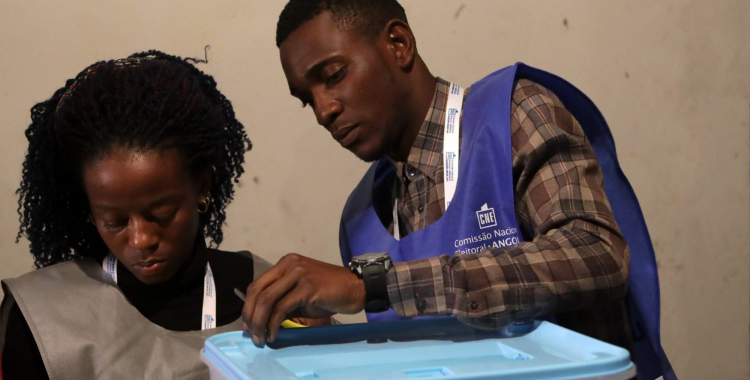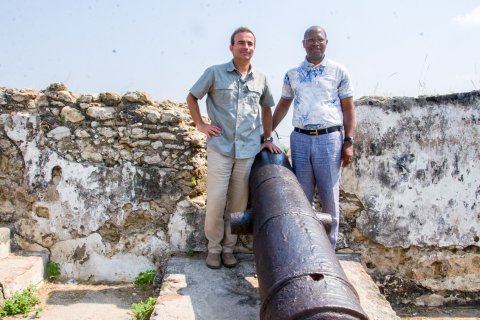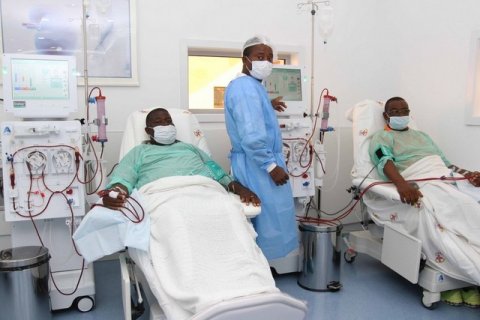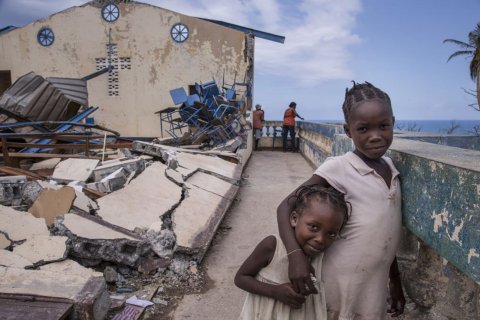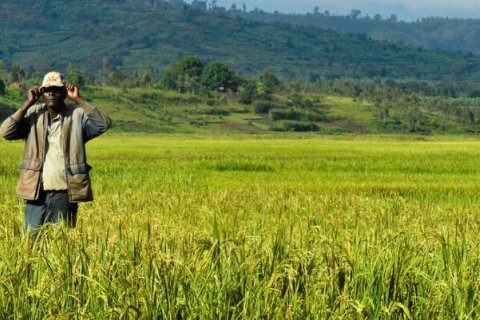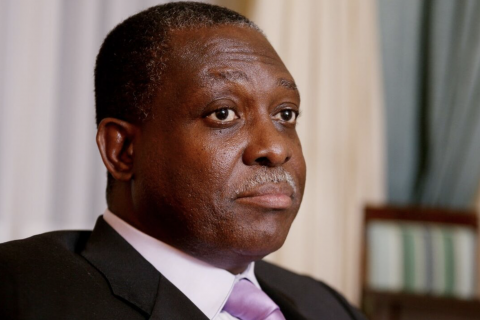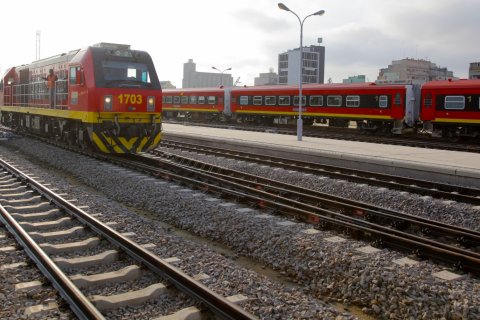"Angola has never escaped from electoral observation. Sometimes there is the idea that we do not intend to have observers in our elections, whether international or national, this is not true", stressed João Lourenço during a press conference.
The chief executive alluded to the "great controversy" around the topic, stressing that "there are international organizations and entities that, in some way, were forcing the invitations to be made much earlier" than the legally established deadline.
"What we were saying is that the law establishes the period in which the invitations must be made. So don't be in a hurry because if we make the invitations before we will be breaking the law", said the President, in an explicit message to the European Union, which has expressed its readiness to send an electoral mission.
"The European Union, for reasons that only they can explain, has been insisting a lot on the need, with due advance of the invitations to be sent to it, this due advance is established in the law and we have obligations to comply with the law", highlighted the minister.
João Lourenço stated that the electoral observation law clearly defines the entities that have the competence to invite international observers - the President of the Republic and the National Electoral Commission, directly, the National Assembly, the Constitutional Court and political parties also, indirectly. , submitting this intention to the CNE – as well as the deadlines for doing so.
"There are deadlines established by law for the beginning of electoral observation, which begins with the electoral campaign, which begins 30 days before the vote, on August 24. The time established by law to address the invitations is 30 days before the election observation" , said Joao Lourenço, adding that there have already been elections with "massive presence of international observers".
This week, the head of European foreign policy for Africa, Rita Laranjinha, said she had found "interest" on the part of the authorities and parties for the European observation of the August elections, reaffirming the availability to send a mission.
"What I heard from all the political parties was that there is an interest in this presence of the European Union and we are now waiting for a formalization of the invitation so that we can, to the extent of our possibilities, since we are in a space relatively short period of holding the elections, sending the electoral mission", said the diplomat at the time, without specifying the minimum period to prepare a mission.
"When the invitation arrives it will be analyzed in Brussels and we will see what kind of mission we can prepare and send," she said.
He also responded to a question from a journalist, who echoed criticisms from the opposition regarding the time chosen to call the elections, stating that they were called very early, when he could have done so until 26 June, since he had 90 days before the end of the current term (26 September).
Joao Lourenço stressed that the elections could have been called until 26 June and reinforced: "There was no deliberate intention to delay the call, I called it 23 days before the deadline".

